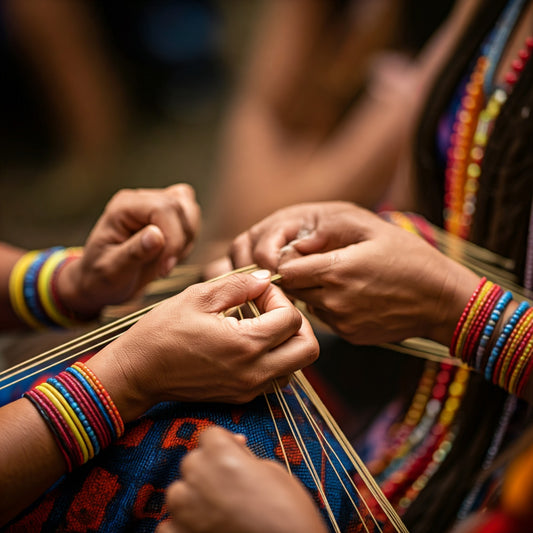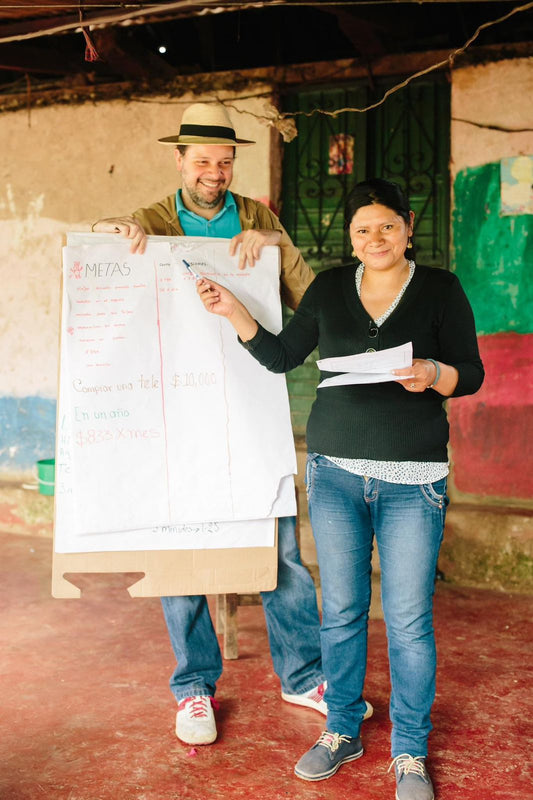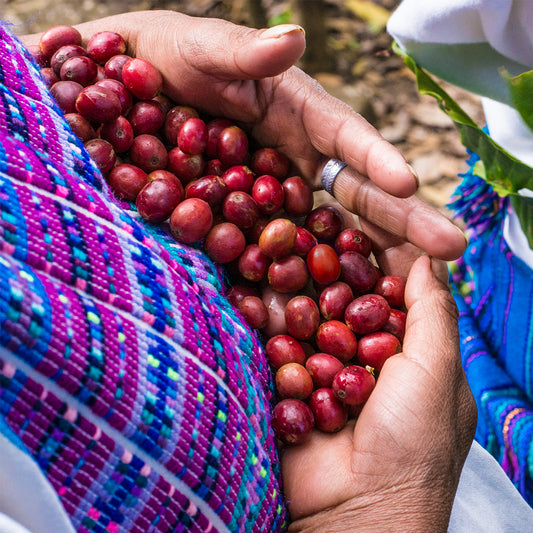News

Nuestro canal de YouTube
Visit Huellas que Trascienden
Nuestro canal de YouTube
Visit Huellas que Trascienden

Artisan2You: Celebrating Indigenous Craftsmansh...
In an increasingly globalized world, it's easy to lose sight of the importance of preserving our roots and valuing artisanal work. At Artisan2You, we believe that indigenous traditions can adapt...
Artisan2You: Celebrating Indigenous Craftsmansh...
In an increasingly globalized world, it's easy to lose sight of the importance of preserving our roots and valuing artisanal work. At Artisan2You, we believe that indigenous traditions can adapt...

Promoting Indigenous Entrepreneurship - Maurici...
On August 29th, Huellas Que Trascienden A.C. was present at TEC SOUNDS RADIO. Join Mauricio Raigosa, director of Huellas Que Trascienden A.C., and Rosy López, our community liaison, to learn...
Promoting Indigenous Entrepreneurship - Maurici...
On August 29th, Huellas Que Trascienden A.C. was present at TEC SOUNDS RADIO. Join Mauricio Raigosa, director of Huellas Que Trascienden A.C., and Rosy López, our community liaison, to learn...

Coffee Crop Utilization: Coffee Cherry Tea
When we drink a cup of coffee, we are often unaware of the work behind it, much less the composition of the plantation and its potential by-products. The coffee husk...
Coffee Crop Utilization: Coffee Cherry Tea
When we drink a cup of coffee, we are often unaware of the work behind it, much less the composition of the plantation and its potential by-products. The coffee husk...

Weaving Traditions: Empowering Women in Yochib
The women of the indigenous community of Yochib, Chiapas, Mexico learn how to weave on backstrap looms as little girls. This technique is passed down from generation to generation and...
Weaving Traditions: Empowering Women in Yochib
The women of the indigenous community of Yochib, Chiapas, Mexico learn how to weave on backstrap looms as little girls. This technique is passed down from generation to generation and...
